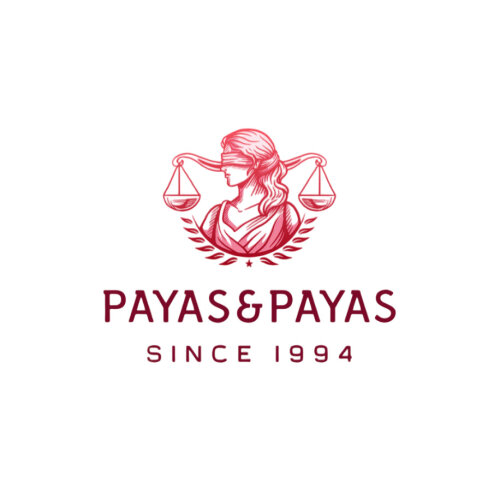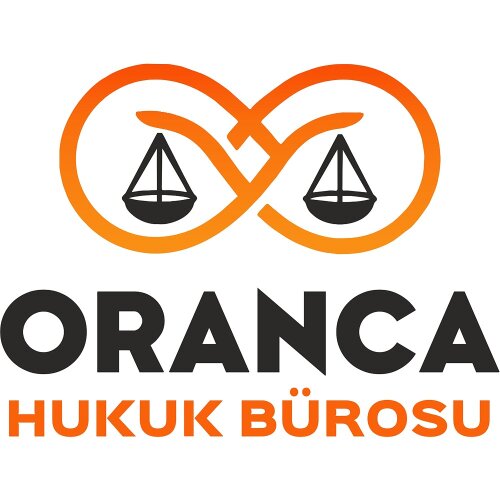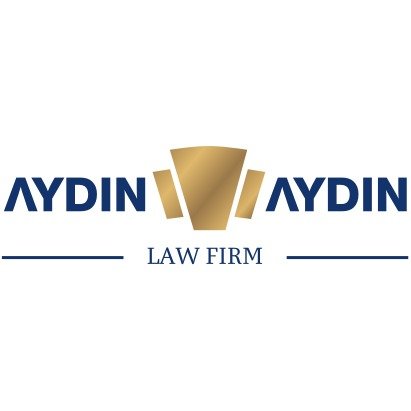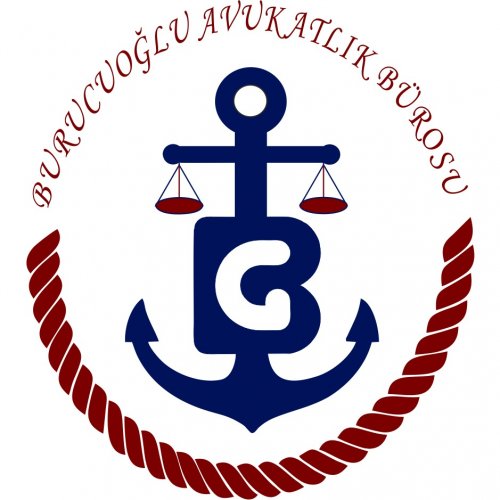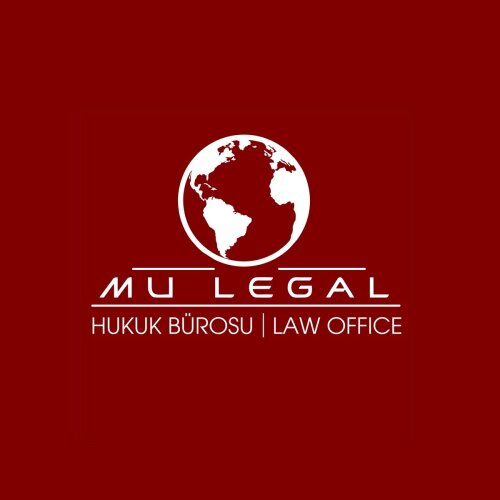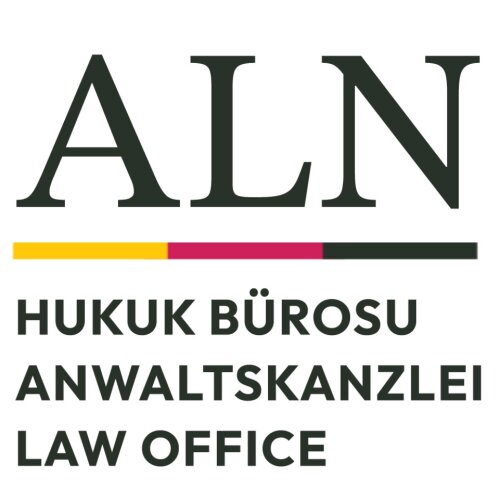Best General Litigation Lawyers in Izmir
Share your needs with us, get contacted by law firms.
Free. Takes 2 min.
List of the best lawyers in Izmir, Turkey
About Litigation Law in Izmir, Turkey
Litigation in Izmir, Turkey, involves the process of taking legal action to resolve disputes. Izmir, being one of the major cities in Turkey, has a well-established legal system that adheres to the country's civil law tradition. The process of litigation typically involves several stages, including filing a lawsuit, discovery, trial, and possibly appeal. Lawyers specializing in litigation work diligently to represent their clients' interests, whether they are individual citizens, businesses, or organizations. Given the complex nature of legal systems, litigation in Izmir requires a thorough understanding of both Turkish law and the local judicial procedures.
Why You May Need a Lawyer
There are numerous situations where you might require legal assistance in the realm of litigation. You may be a business dealing with a contractual dispute or a property owner facing land disputes. Individuals may seek legal advice regarding family law matters like divorce or child custody, or they could need help with personal injury claims. Additionally, litigation lawyers can represent clients in criminal cases, administrative law, and intellectual property disputes. A lawyer can help navigate the complexities of the legal system, advocate on your behalf, and strive to achieve the best possible outcome for your situation.
Local Laws Overview
Izmir, like the rest of Turkey, follows the civil law system. This means that legal proceedings are largely influenced by statutes rather than case law. Understanding key local laws is crucial for litigation, including procedural laws such as the Turkish Code of Civil Procedure, which governs how cases are tried in court. Other relevant areas include the Turkish Penal Code, Turkey's commercial law regulating business litigation, and the Land Registry Law for property disputes. Izmir's legal landscape is also shaped by European Union regulations to some extent, given Turkey's alignment efforts with EU standards.
Frequently Asked Questions
What are the first steps in initiating a lawsuit in Izmir?
To initiate a lawsuit in Izmir, you’ll first need to consult with a lawyer to ensure your case is viable. The initial step typically involves filing a claim with the appropriate court, where the nature of your dispute will dictate which court your case will be heard in.
How long can a litigation process take?
The duration of a litigation process can vary significantly depending on the complexity of the case and the court’s schedule. Generally, it can range from several months to a few years until a final verdict is reached, including any possible appeals.
Can I represent myself in court during litigation?
While technically you can represent yourself, known as "pro se" representation, it is highly discouraged due to the complexities of legal proceedings and the expertise required to navigate the system effectively.
What should I bring to my initial meeting with a lawyer?
It's important to bring any relevant documents such as contracts, correspondence, financial records, and any other evidence related to your case. This will help the lawyer understand the particulars and advise accordingly.
Are there alternative dispute resolution methods available?
Yes, alternative dispute resolution methods such as mediation and arbitration are available and often encouraged to resolve disputes without going to trial, as they can be less time-consuming and more cost-effective.
What costs should I expect with a litigation case?
The costs can include court fees, attorney fees, expert witness fees, and other miscellaneous expenses. Your lawyer should provide a rough estimate of expected expenses at the outset.
How is evidence presented during a trial?
Evidence is presented through the examination of witnesses and submission of documents. Both parties will have the opportunity to present evidence and cross-examine witnesses as part of building or defending their case.
What are the common outcomes of litigation?
Common outcomes can include a court judgment in favor of one party, a settlement agreement reached outside of court, or the dismissal of the case. Some cases may also result in an appeal to a higher court.
How can I enforce a judgment in my favor?
Once a judgment is issued in your favor, you may need to take additional legal steps to enforce it, such as contacting enforcement offices or pursuing collection actions with the help of your lawyer.
What are my options if I lose a case?
If you lose a case, you may have the option to appeal the decision to a higher court. Consult your lawyer to discuss the viability and strategy of an appeal.
Additional Resources
For legal assistance in litigation, you can contact the Izmir Bar Association, which offers resources and referrals to qualified local lawyers. The Turkish Ministry of Justice provides information about the legal system and access to various legal services. Additionally, international organizations sometimes offer legal aid or information, particularly for foreigners residing in Turkey.
Next Steps
If you require legal assistance in litigation, the first step is to identify and consult with a qualified lawyer specializing in the relevant area of law. Gather all necessary documentation related to your case and prepare to discuss the specifics with your legal counsel. Ensure clear communication and set expectations regarding the legal process, costs, and potential outcomes. Keeping informed and engaged throughout the process will help manage the intricacies of litigation in Izmir, Turkey.
Lawzana helps you find the best lawyers and law firms in Izmir through a curated and pre-screened list of qualified legal professionals. Our platform offers rankings and detailed profiles of attorneys and law firms, allowing you to compare based on practice areas, including General Litigation, experience, and client feedback.
Each profile includes a description of the firm's areas of practice, client reviews, team members and partners, year of establishment, spoken languages, office locations, contact information, social media presence, and any published articles or resources. Most firms on our platform speak English and are experienced in both local and international legal matters.
Get a quote from top-rated law firms in Izmir, Turkey — quickly, securely, and without unnecessary hassle.
Disclaimer:
The information provided on this page is for general informational purposes only and does not constitute legal advice. While we strive to ensure the accuracy and relevance of the content, legal information may change over time, and interpretations of the law can vary. You should always consult with a qualified legal professional for advice specific to your situation.
We disclaim all liability for actions taken or not taken based on the content of this page. If you believe any information is incorrect or outdated, please contact us, and we will review and update it where appropriate.




